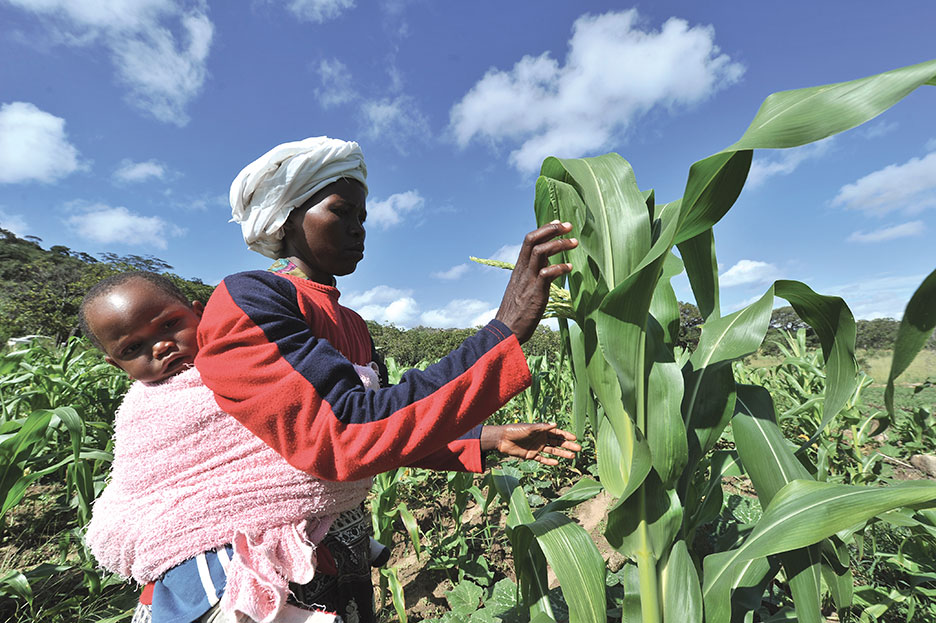Researchers are betting that a new variety of maize can help farmers in Zimbabwe withstand increasing instances of drought.
The International Maize and Wheat Improvement Center says it is working on ensuring that Zimbabwe returns to its former status as a prosperous, self-sufficient agricultural producer, after erratic rainfall in recent years affected the country’s food security.
The El Niño weather phenomenon has harmed crop production across Southern Africa in recent years. But the center believes its technologies can improve small farmers’ maize production, said researcher Esnath Hamadziripi.
“Here in Zimbabwe, three in five seasons are expected to be bad for farmers,” Hamadziripi said. “El Niño is making that worse. So it is important to make varieties that are climate resistant because maize is the staple crop here in Zimbabwe. In the 2015-2016 season we tested our maize varieties all over Zimbabwe, and they yielded close to double the yield of commercial varieties that are on the market, so we believe that these varieties work. We actually encourage farmers to get hold of climate-resistant varieties.”
The United Nations Food and Agriculture Organization has identified the new climate-resilient maize developed by the center as one of the best innovations in agriculture.
Zimbabwe, once considered the breadbasket of Southern Africa, saw farm production fall sharply in the early 2000s. Production has stayed at a low level due to political unrest and repeated droughts.
The maize center warns that planting climate-resilient maize alone will not help Zimbabwean farmers. It says farmers should conserve the rains they receive, says agronomist Isaiah Nyagumbo.
“With conservation agriculture we are also minimizing the amount of runoff out of the system; that means reducing the amount of the water that runs into rivers,” Nyagumbo said. “Along with it a lot of soil is lost, so with conservation agriculture we help to stop that by ensuring that the soil and water remain in place.”


Comments are closed.